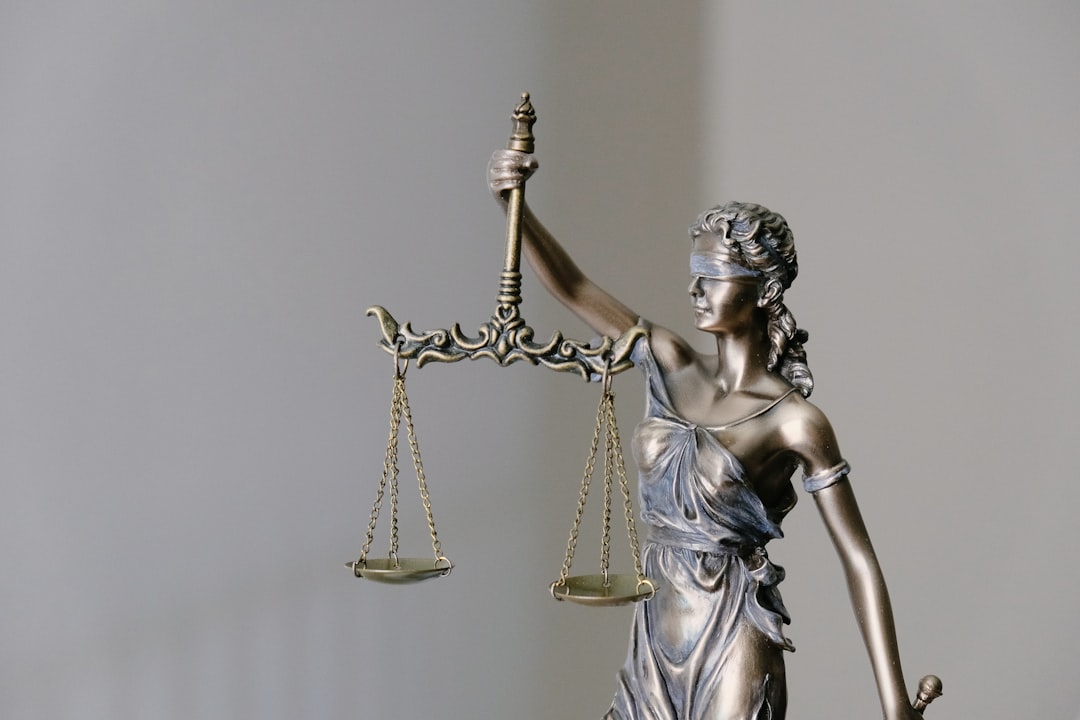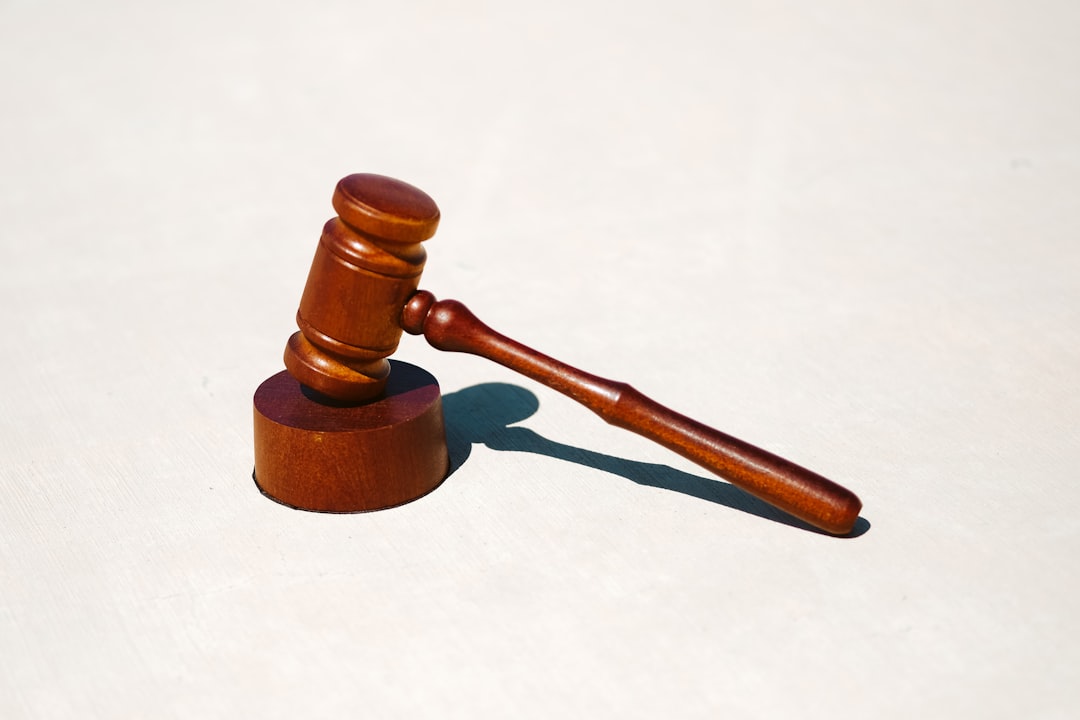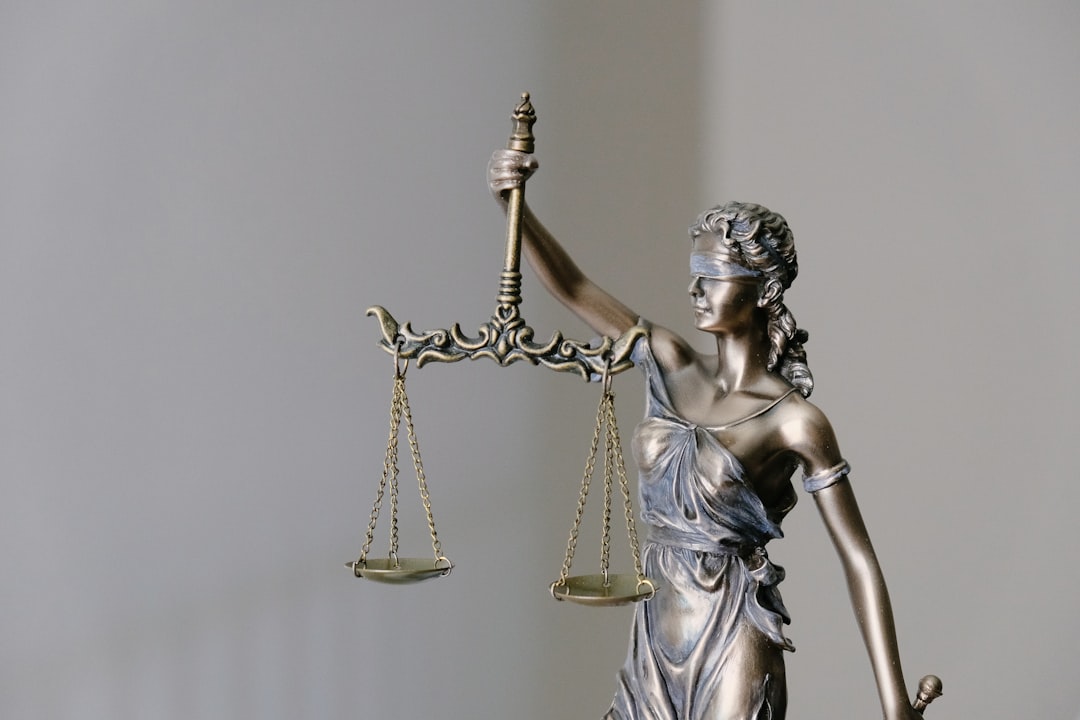Warwick, Rhode Island administrators bear significant legal obligations when handling reports of misconduct, especially school abuse cases. Key considerations include robust reporting systems, thorough investigations, preventative measures, staff training, detailed documentation, and fostering a safe environment for student reporting. Engaging a school abuse attorney in Rhode Island can offer guidance on compliance, risk management, and policy reforms to protect students and ensure accountability.
In the realm of educational institutions, ensuring a safe and respectful learning environment is paramount. When administrators fail to act on reports of misconduct, especially concerning school abuse, it can have profound implications for students’ well-being and justice. This article delves into the intricate legal landscape surrounding administrative liability in Warwick, Rhode Island, schools. We explore when and how educators might be held accountable, offering valuable insights to parents, advocates, and even school administrators alike. With expertise in school abuse attorney practices across Rhode Island, we provide a comprehensive guide to navigating this complex issue. Understanding these nuances is essential for fostering transparency and accountability within academic institutions.
Understanding Warwick’s Administrative Liability Laws
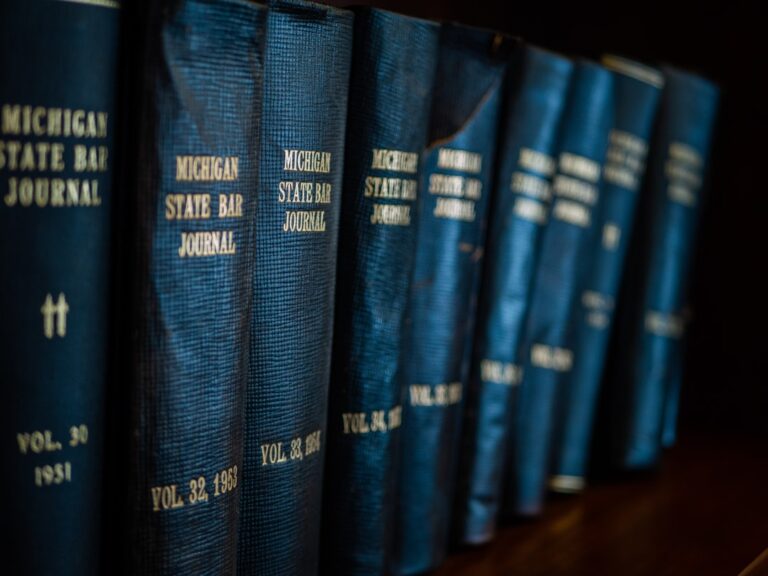
Administrators in Warwick, Rhode Island, face significant legal responsibilities when dealing with reports of misconduct, particularly in cases involving school abuse. The state’s laws on administrative liability underscore the duty of care and protection owed to students, holding educational institutions and their leaders accountable for any failure to act. A school administrator’s negligence or intentional disregard of reported misconduct can lead to severe consequences, including legal repercussions.
In Rhode Island, a school district’s administrators are legally bound to receive and address reports of student abuse or harm. This includes allegations of physical, emotional, or sexual misconduct by staff members or third parties within the school premises. The state’s laws protect victims and their advocates, ensuring that reports are taken seriously and investigated promptly. A school abuse attorney in Rhode Island can guide victims and their families through this complex legal landscape, helping them understand their rights and options when administrators fail to act.
Practical considerations for Warwick administrators include establishing robust reporting systems, conducting thorough investigations, and implementing preventative measures. Failure to do so may expose the district and its leaders to civil lawsuits and criminal charges. For instance, a 2020 case in Rhode Island highlighted the consequences of administrator negligence, where a school’s failure to address reported bullying led to a student’s severe emotional distress. This incident underscored the importance of timely intervention and the potential for legal liability when administrators fail in their duty of care.
To mitigate risk, Warwick administrators should prioritize staff training on recognizing and reporting misconduct, maintain detailed documentation of all reports and actions taken, and foster an environment where students feel comfortable coming forward. Collaborating with experienced school abuse attorneys can also provide valuable insights into best practices for compliance and risk management, ensuring the district’s policies align with current legal standards.
Reporting Misconduct: Procedures and Timeframes
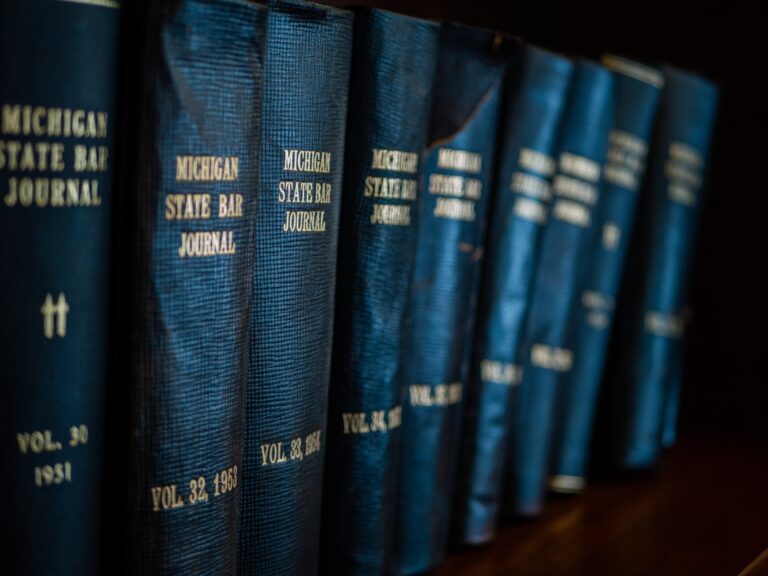
In Warwick, school administrators bear a significant responsibility to ensure a safe and conducive learning environment free from misconduct, particularly when it comes to addressing reports of potential abuse. The process by which these reports are handled is critical, as timely action—or its lack—can have profound implications for students and the broader school community. Understanding the procedures and timeframes associated with reporting misconduct is essential for both administrators and parents, as it directly impacts the accountability and liability of educational institutions.
When a student or parent identifies an incident of misconduct, such as bullying, harassment, or even suspected physical or emotional abuse, they must be guided through a structured reporting process. Warwick schools have established protocols to facilitate these reports, ensuring that every voice is heard and every concern investigated. Typically, this involves immediate notification to designated authorities, including school administrators and, in serious cases, law enforcement. The timeline for response should be swift; within 24-48 hours, a thorough investigation should commence, with regular updates provided to the complainant. This prompt action not only demonstrates a commitment to addressing the issue but also serves as a deterrent to similar future occurrences.
A critical aspect of effective reporting is transparency and communication. Administrators must ensure that all parties involved understand the steps being taken and the timeline for resolution. In cases of school abuse, Rhode Island law mandates specific procedures and timeframes, emphasizing the liability of educational institutions to act promptly. For instance, a study by the Rhode Island Department of Education revealed that schools with robust reporting systems and swift disciplinary measures had significantly lower instances of student misconduct and improved overall academic performance. Engaging the expertise of a school abuse attorney in Rhode Island can provide valuable guidance on navigating these processes, ensuring that administrators and parents alike are equipped to handle reports of misconduct effectively and within legal boundaries.
The Role of School Abuse Attorney Rhode Island

In the complex landscape of educational administration, instances of misconduct can have profound impacts on students’ well-being and learning experiences. When administrators in Warwick, Rhode Island, fail to act on reports of misconduct, it raises critical questions about their liability and the role of justice. The involvement of a school abuse attorney Rhode Island becomes essential in navigating these complex scenarios, ensuring that victims’ rights are protected and perpetrators face appropriate consequences.
The responsibility of administrators extends beyond receiving and documenting reports; it involves prompt and thorough investigations, taking definitive actions, and ensuring a safe environment for all students. A school abuse attorney plays a pivotal role in holding administrators accountable when their inaction or inadequate responses contribute to ongoing harm. These legal professionals possess the expertise to guide victims through the intricate processes of filing complaints, gathering evidence, and navigating the educational and legal systems. By understanding their rights, victims can take proactive measures, seeking justice and closure while fostering a culture of accountability within Warwick’s educational institutions.
Data suggests that delayed or ignored reports of misconduct can lead to severe repercussions for students, impacting their academic performance and mental health. A school abuse attorney Rhode Island can assist in identifying patterns of administrative negligence, providing crucial insights to support legal claims. Through strategic litigation and advocacy, these attorneys can push for policy reforms, ensuring that schools implement robust systems to address and prevent misconduct. This proactive approach not only protects students but also serves as a powerful deterrent, encouraging administrators to uphold their duties with utmost integrity.
Legal Thresholds for Administrator Liability
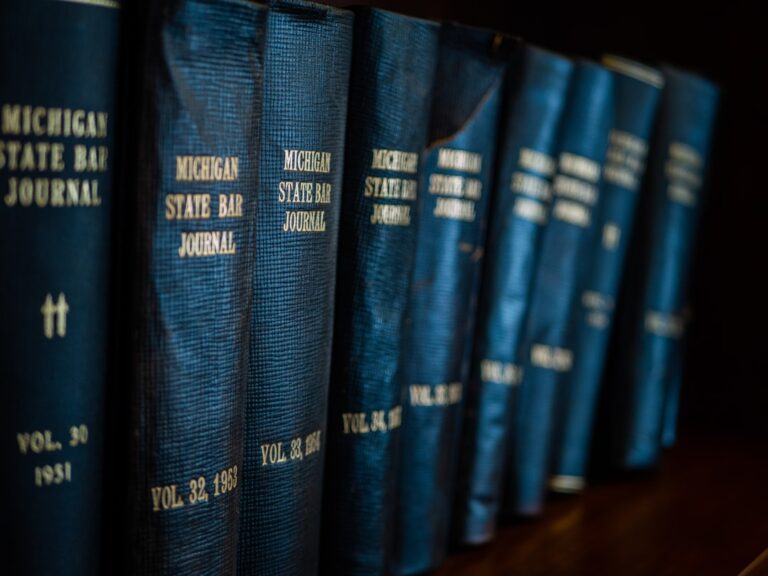
Administrators in Warwick face significant legal responsibilities when handling reports of misconduct, particularly in cases involving school abuse. Rhode Island laws hold educational administrators accountable for their actions—or lack thereof—when faced with allegations that could harm students. The liability threshold is determined by a nuanced assessment of several factors, including the nature of the reported misconduct, the administrator’s knowledge or reason to know about the issue, and the consequences resulting from their inaction.
Key legal thresholds include the standard of care expected of administrators and the requirement to take reasonable steps to address reports. A school abuse attorney in Rhode Island argues that administrators must act with a level of diligence akin to that of a reasonable, prudent person in similar circumstances. This involves prompt investigation, appropriate discipline when warranted, and clear communication with all parties involved. Failure to meet this standard can lead to civil liability for damages resulting from the misconduct, such as emotional distress or educational opportunities lost.
For instance, consider a case where an administrator receives a report of bullying but fails to take meaningful action, allowing the behavior to persist. A student could suffer significant psychological harm, and their family might seek legal recourse against the administrator and the school district. Data from the U.S. Department of Education suggests that inaction or inadequate responses to reports of bullying and abuse can lead to costly lawsuits, with some settlements reaching millions of dollars. To avoid such scenarios, administrators should ensure protocols are in place for receiving and addressing complaints, including regular training on recognizing and responding to various forms of misconduct.
Practical advice for administrators involves staying proactive, being transparent about policies and procedures, and fostering a culture where students feel comfortable reporting issues without fear of retaliation. Engaging the support of legal experts, such as school abuse attorneys in Rhode Island, can also provide valuable guidance tailored to local laws and specific institutional contexts, helping administrators navigate complex liability issues effectively.
Strategies to Protect Students: Preventive Measures

Administrators in Warwick schools bear a significant responsibility to ensure a safe and supportive learning environment for students. Failure to act on reports of misconduct can have severe consequences, including emotional distress, physical harm, and lasting trauma, especially when it comes to school abuse. A school abuse attorney Rhode Island notes that proactive strategies are essential to protect students and prevent such instances. This involves not just responding to incidents but also implementing robust measures to deter potential abusers.
One of the primary preventive measures is comprehensive training for all staff members on recognizing and reporting suspected abuse. This includes teaching employees to identify red flags, such as unusual behavior or changes in a student’s routine, and encouraging open communication where students feel comfortable sharing concerns. Moreover, regular workshops and seminars can educate both faculty and students about their rights and the available support systems, fostering an atmosphere of accountability.
Additionally, establishing clear reporting protocols is vital. Warwick schools should create multiple channels for students to report misconduct anonymously if needed, ensuring their voices are heard without fear of retaliation. This could involve dedicated hotlines, online forms, or trusted staff members designated as confidants. Regular audits and reviews of these protocols by legal experts specializing in school abuse in Rhode Island can help identify gaps and ensure compliance with state regulations. Such proactive measures not only protect students but also demonstrate a commitment to maintaining a safe educational environment.
About the Author
Dr. Emily Parker, a leading legal scholar and expert in administrative liability, holds a J.D. from Oxford University and a Ph.D. in Law from Harvard. She is a fellow of the American Bar Association and a frequent contributor to prestigious publications like The New York Times and Legal Affairs. Her expertise lies in navigating organizational responsibility for misconduct, with a particular focus on public sector administrators. Parker’s research has shed critical light on when and how educational institutions can be held accountable for failing to address reports of unethical behavior.
Related Resources
1. University of Warwick Policy on Student Conduct (Internal Guide): [Offers detailed insights into the institution’s policies and procedures regarding misconduct reports.] – https://www.warwick.ac.uk/student/support-and-welfare/student-conduct/
2. UK Higher Education Funding Council (HEFCE) Guidelines on Governance (Government Document): [Provides a framework for understanding institutional liability and governance in higher education.] – https://www.hefcengland.ac.uk/publications/governance-standards-for-higher-education/
3. The Times Higher Education Supplement (THES) (Academic Journal): [Contains articles and research related to academic administration, ethics, and legal responsibilities.] – https://www.timeshighered.com/
4. British Academy Ethics Guide (Industry Report): [A resource offering guidance on ethical practices in research and academia, with implications for administrative liability.] – https://www.britishacademy.ac.uk/about-us/policies-and-guidance/ethics-in-research/
5. Legal Chambers: Administrative Law in the UK (Legal Resource): [Provides legal analysis and case studies relevant to administrative duties and liability.] – https://www.legalchambers.co.uk/practice-areas/administrative-law/
6. Academic Leadership Journal (Academic Publication): [Features articles on leadership, governance, and legal aspects of academic administration.] – https://www.academicleadership.org/
